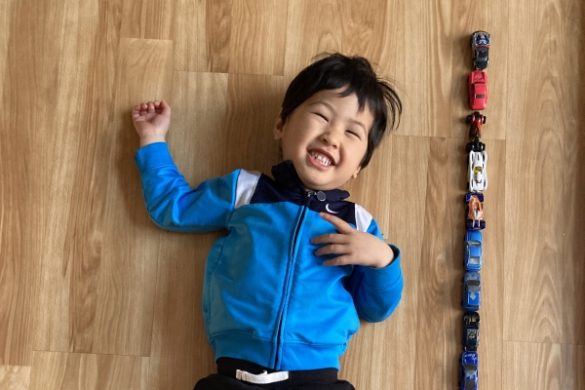Measurement
Measurement skills help us describe the world around us in accurate, standard ways that others can understand. Before they learn to measure with standard units, like inches on a ruler, young children are already notificing differences in sizes, distances, temperatures, and more. You can help children understand different measurements by introducing attribute vocabulary. Encourage children to describe people, objects, or places as tall, short, big, small, warm, cool, far, close, and more. As children develop their measurement skills, they'll be able to compare ("taller than me") and eventually use standard units of measurement ("this weighs nine pounds").
Why is measurement important in early math? Sub-Topics
Young children first understand length as being a fixed characteristic. For example, they'll recognize that adults are tall, but may not understand that some adults are taller than others. As children engage with objects of all different sizes, they'll start to notice relative lengths and distances. You can help children with their measurement skills by asking them to compare objects and tell you about their lengths. For example, ask children to align two pencils or two shoes to see which is longer. Eventually, they'll be able to use a third object to describe relative sizes: "my shoe is smaller than my mom's but bigger than my little brother's!"



